Greetings, ladies, gentlemen, and any eldritch entities watching us from the void!
Since last Friday, the Open Beta of the upcoming Content Update has been available to all who hold Stygian: Outer Gods in their Steam library. If you wish to experience a host of unreleased content – including new locations, quests, characters, enemies, and much more, now also localized into several additional languages – do not hesitate to join. You can read more here.
But now, let us turn to the notes of Daniel Upton:
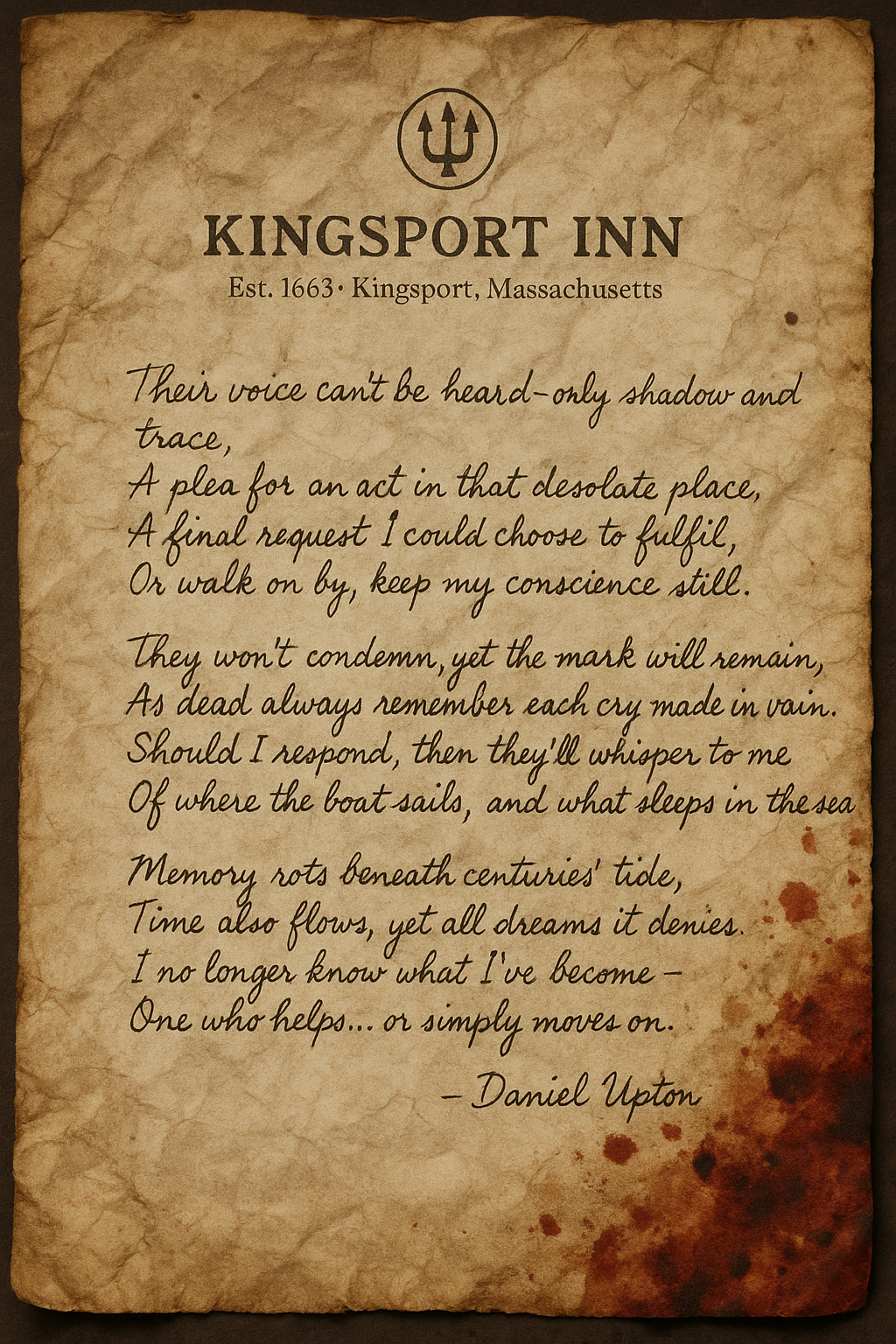
Stygian: Outer Gods diverges from many of the foundational pillars of the original game – not just in narrative and structure, but in its entire RPG model. We’ve deliberately abandoned traditional archetypes to focus not on classes, but on character – alive, conflicted, and vulnerable.
There are no classes here. No one will hand you a staff or a sword and declare, “You’re a mage now,” or “You’re a warrior.” Jack Harrison is no hero in the usual sense. He’s just a man, one of the unfortunate few who found themselves in the wrong place at the wrong time. Just another accidental participant in a nightmare. Someone any of us could be.
In the original Stygian: Reign of the Old Ones, players could choose from several archetypes: Occultist, Soldier, Detective, Scholar, Aristocrat, and others. These helped shape a general direction and offered distinct playstyles that many players enjoyed.
But Outer Gods tells a different story – a more personal one. The player takes control of a fully-formed personality: a protagonist with a past, a temperament, and motivations. How he changes, what he becomes, and what he’s willing to do – all that is for the player to decide based on their choices and experiences.
Ordinary Hero: A Protagonist Without a Title
At the heart of our approach lies the timeless literary archetype of the Ordinary Hero. Not a chosen one, not someone blessed with power or knowledge, and certainly not someone prepared for what lies ahead.
He is not “chosen” in any traditional sense. His strength awakens only in reaction to the horror around him. His heroism lies not in superiority, but in persistence, humanity, and the ability to make choices under pressure, fear, and uncertainty.
He makes mistakes. He hesitates. He’s afraid – but keeps going. His growth is internal: he learns, he changes, he takes responsibility. This archetype resonates with players because it’s relatable. He could be any of us.
The character evolves based on how the player chooses to play. We intentionally moved away from rigid class systems. Rather than assign a role, we let players become one. Instead of predefined archetypes, we chose a talent card system – designed not to reflect a profession, but to shape identity. It’s not about who you chose to be at the start, but who you become through play.
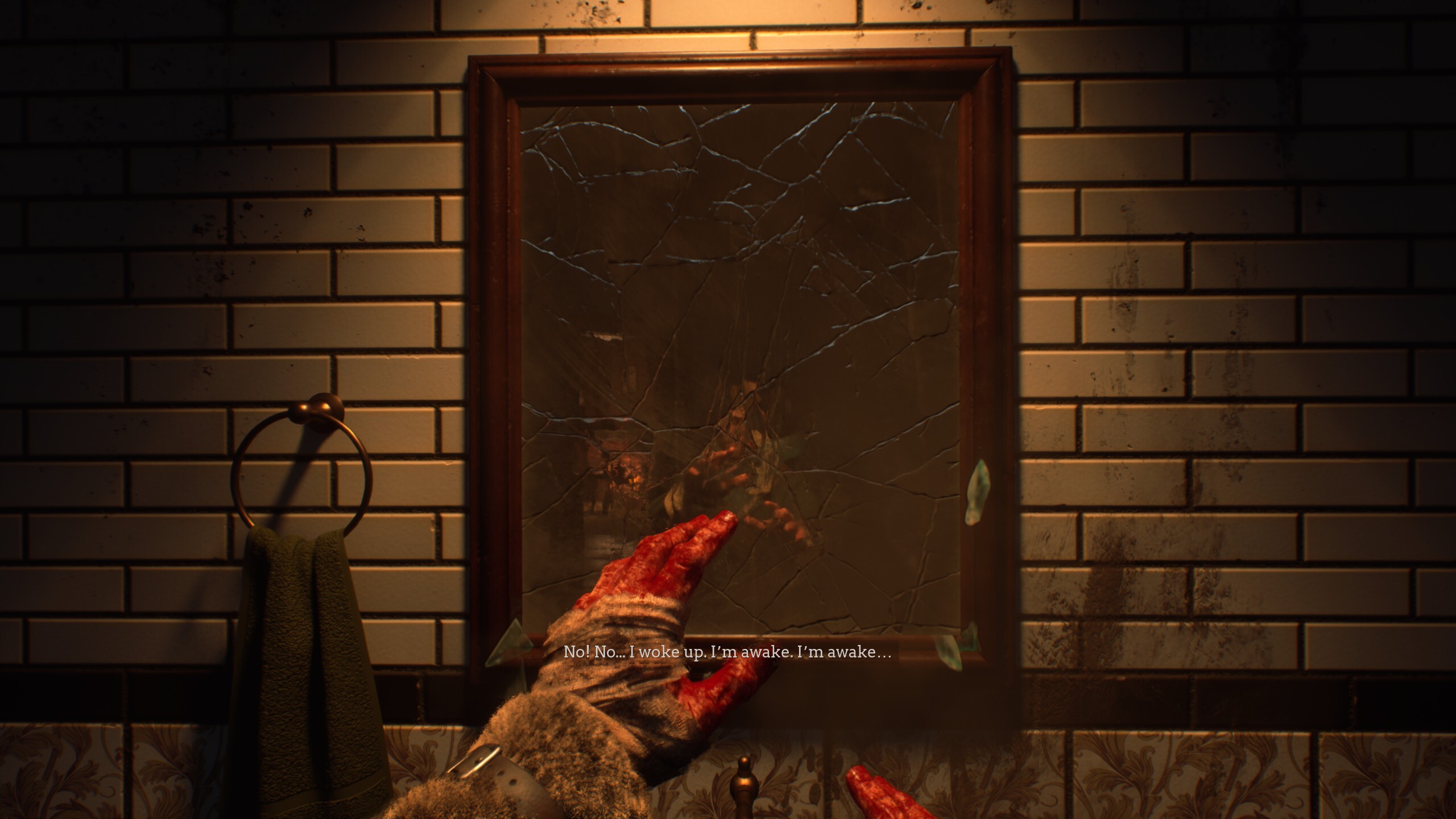
Gold and Silver Cards: What Are They?
The talent system in Outer Gods is built around the “Sinner” and “Seer” card mechanics and is split into two major types: Gold and Silver cards. Players find or earn them as they progress, unlock them, choose specific abilities, and apply them – thus forming a unique development path for their character.
Gold cards are core skills. They grant access to new abilities and interactions that were previously unavailable – like speaking with the dead, using arcane amulets, stealth, or heightened perception. Each Gold card is a pivotal moment in character development and often defines or alters how the player interacts with the world.
Silver cards function differently. These are modifiers and amplifiers. They don’t provide new skills but enhance and expand existing abilities – both active and passive. Silver cards can affect Jack’s mental and physical resilience, or enhance abilities such as lockpicking, knowledge of the occult, and persuasion.
Cards directly affect gameplay: they determine which actions are available, how you interact with the world, and what new paths open up. Here are some practical examples.
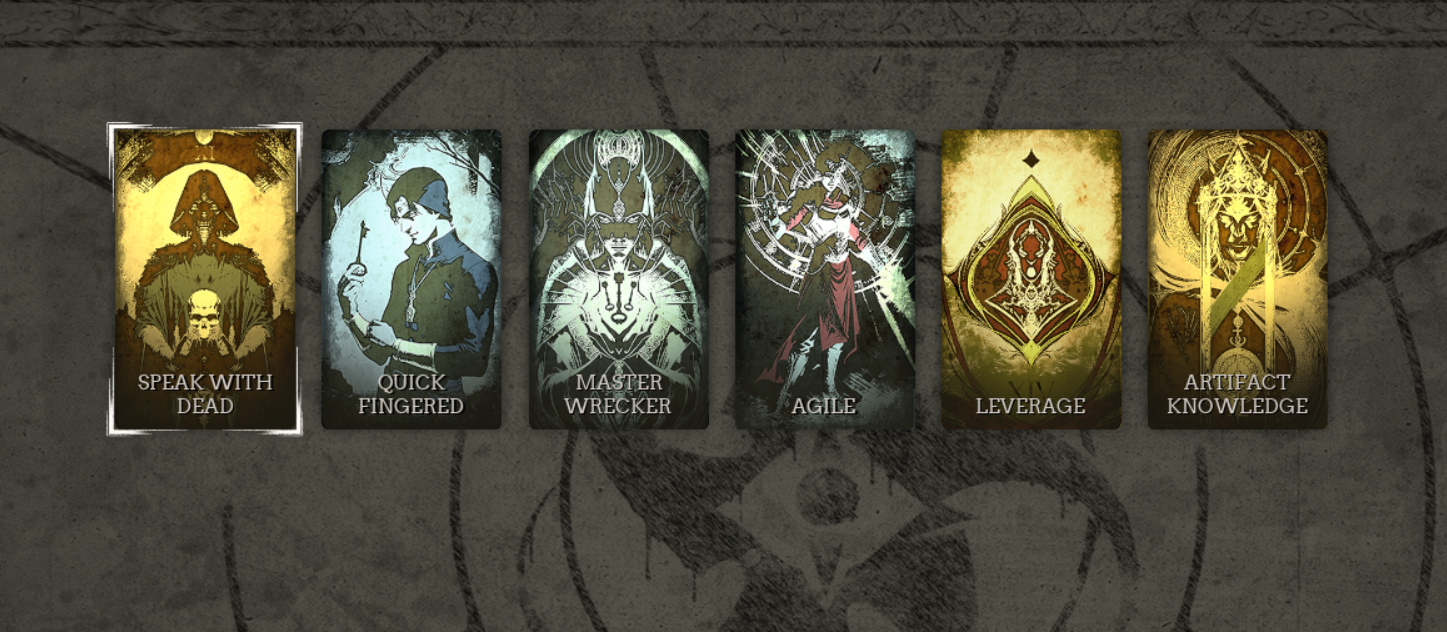
Gold Card: Speak with Dead
One of the most intriguing Gold cards is Speak with Dead – a skill that allows players to communicate with the souls of the deceased. This talent also existed in the original Stygian, and here it serves to deepen mechanics and storytelling.
In Kingsport, players will frequently come across dead bodies. Some are recent, others have been lying there for decades. Victims of the cult, or simply in the wrong place at the wrong time. Some souls have not moved on, held back by fear, pain, or injustice. This card allows you to hear and speak with them.
These aren’t just flavor dialogues. The dead often reveal things the living won’t – lore, hidden truths, and overlooked details. Sometimes, they’ll even give direct hints: where to find a stash, how to bypass an obstacle, or what really happened.
Without this talent, all of that remains hidden. The player would have to rely purely on intuition and observation. Still a valid path – just a less dense one.
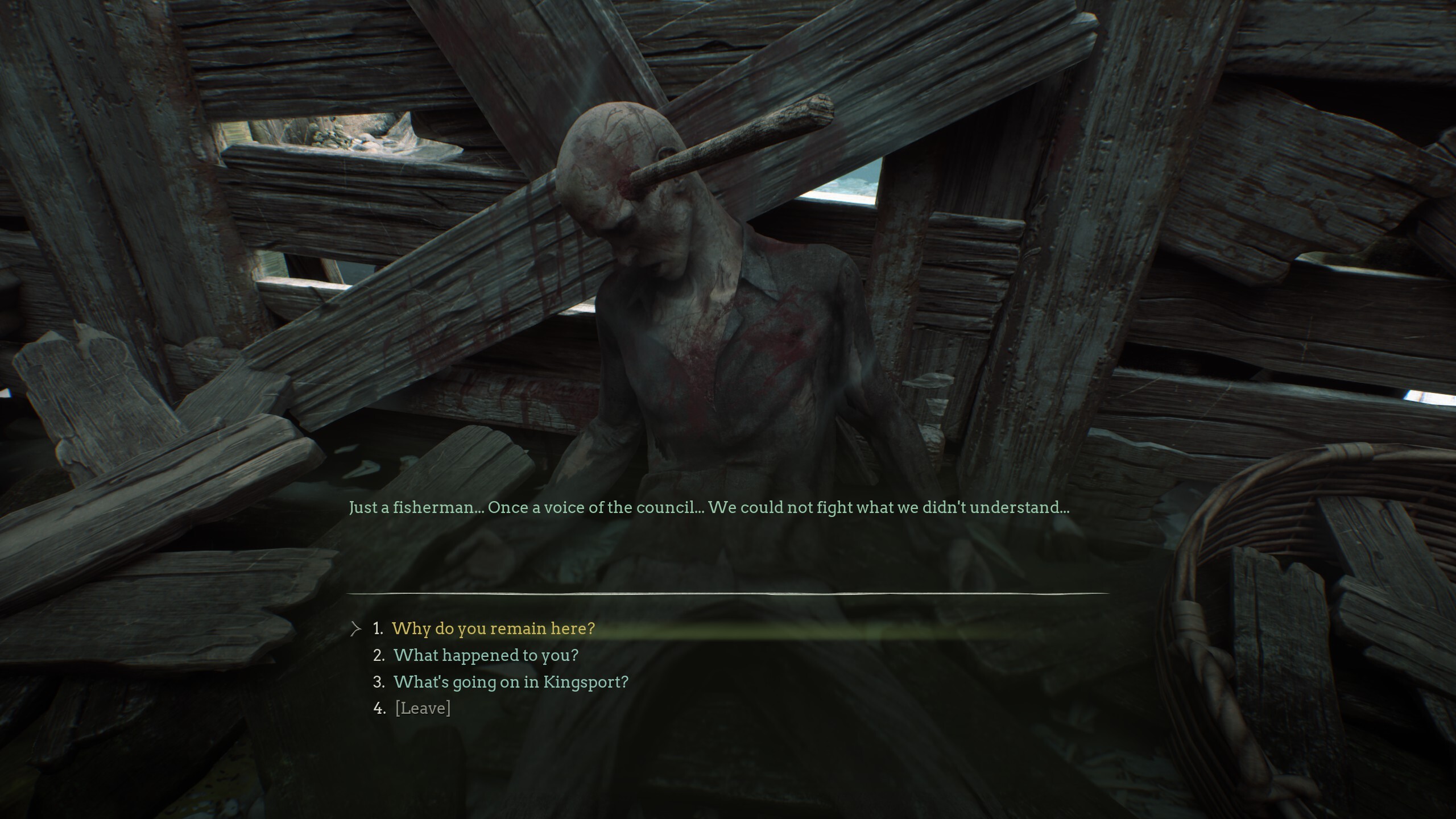
Gold Card: Leverage
This card allows the player to move heavy objects. It opens access to areas previously unreachable – blocked paths, barrels, rubble. Without enough strength, these locations remain mere background. But with this talent, they become part of the navigable world.
With Leverage, you might shift a heavy barrel to discover a hidden descent or alternate route. Such barriers often conceal loot, shortcuts, or optional story fragments. Sometimes, using them lets you avoid confrontation entirely.
These moments are subtle, but they reinforce the feeling that you’re not just walking down a corridor – you’re truly interacting with the world.
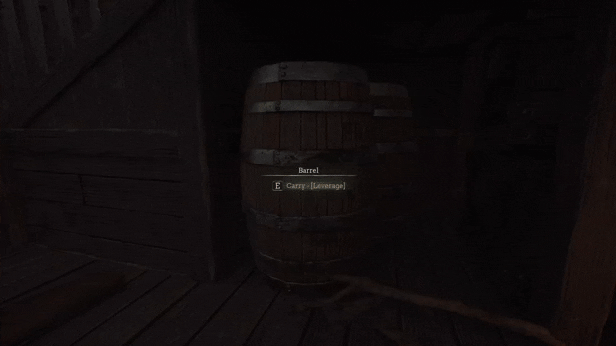
Silver Cards: Support and Amplification
Silver cards don’t unlock new talents – but they empower the hero, making gameplay more versatile. They allow players to open tougher locks, deal more damage, or better utilize support tools.
For example, to make Jack a master of stealth, you might start with the Gold card Stealth Master, which removes footstep noise. Pair it with Backstab, which boosts damage from the shadows. Add Silver cards like Quick Fingered or Master Wrecker, and you’ll be picking locks, avoiding enemies, and finding alternate routes with ease.
Silver cards also enhance non-combat abilities. For instance, pair a persuasion-related talent with a Silver card that boosts speech power. Jack will then be able to convince not just people but creatures – avoiding conflict, opening new dialogue paths, gaining rare rewards, and accessing hidden knowledge.
Silver cards don’t just buff existing stats – they flesh out your chosen role, making it deeper and more natural.
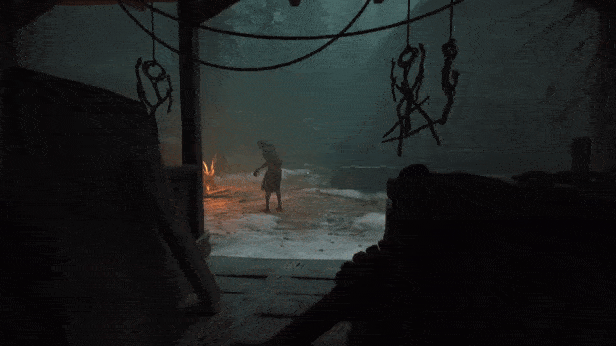
The Hero’s Path
We consciously moved away from the classic RPG model, where talents are a linear climb toward power. Here, it’s not about strength or efficiency – it’s about how a person changes when thrown into the impossible.
From the beginning, we spoke of the Ordinary Hero – someone not ready for the nightmare, but who walks through it anyway. That’s who our protagonist is.
He doesn’t choose a role up front. He adapts. He evolves.
The cards in Outer Gods are not mere upgrade tools. They reflect decisions made, lessons lived, and identity forged. They shape not just playstyle – but personality. And yet, he remains human – mortal, but more capable than before.
It’s a way to hold on to yourself. Or at least not vanish completely.
Outer Gods won’t ask how you want to play.
It will ask: Who are you willing to become? What will you sacrifice to reach the end?

Changed depots in public_beta branch